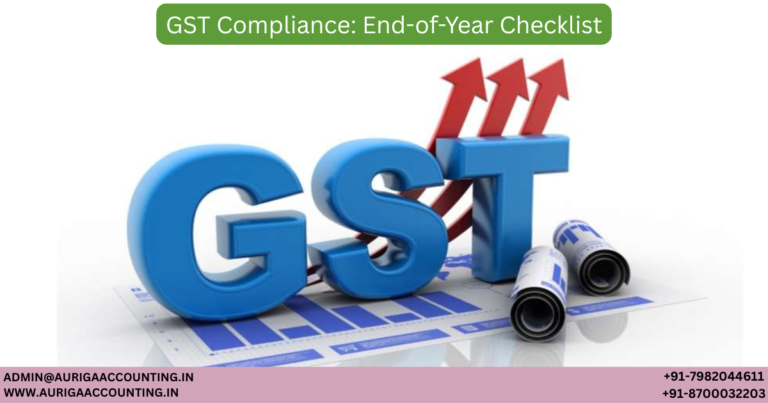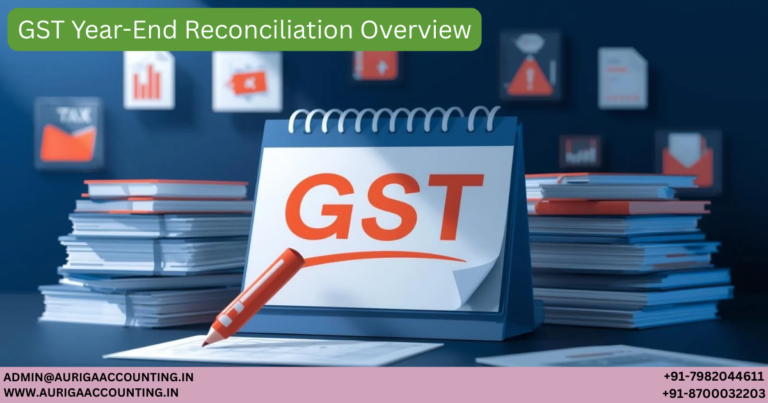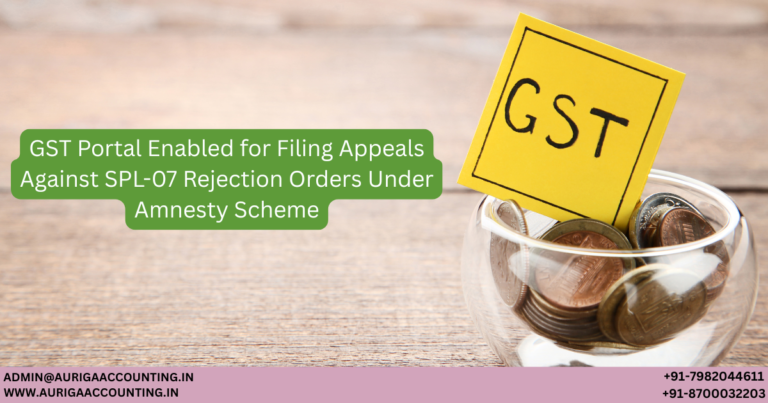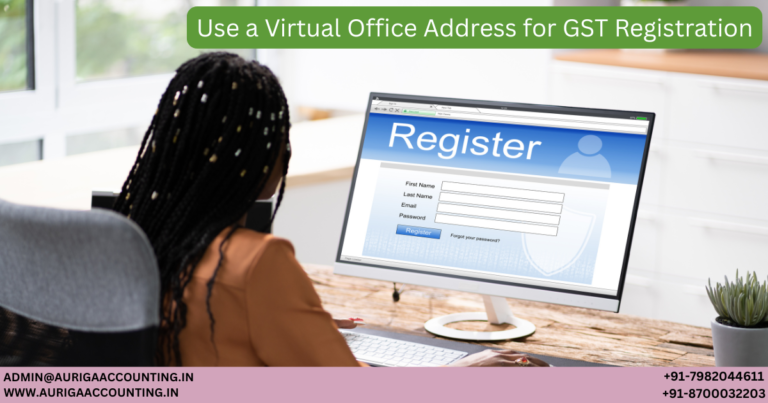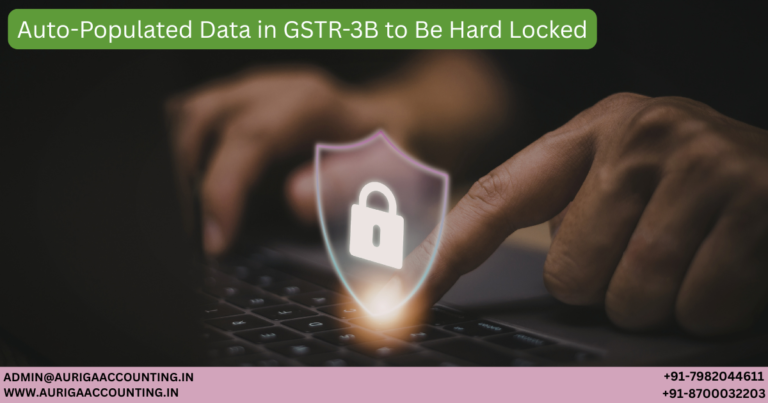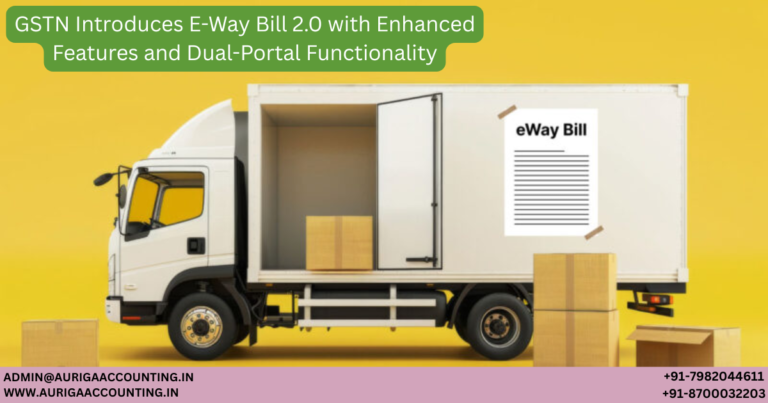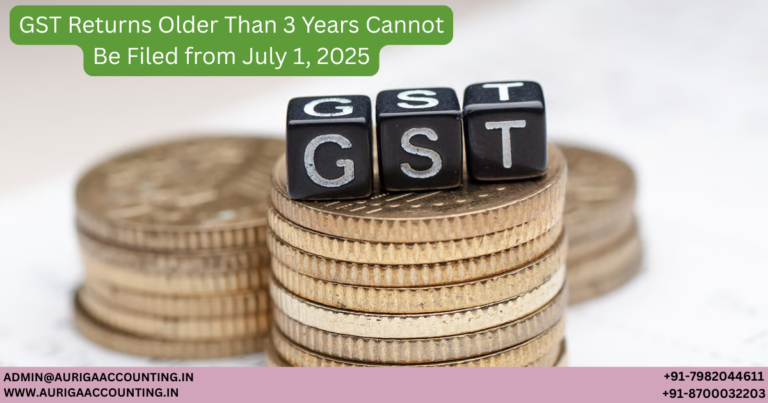
CAN I GET GST NUMBER WITHOUT COMPANY REGISTRATION?
Introduction
ToggleCAN I GET GST NUMBER WITHOUT COMPANY REGISTRATION?
Yes, you can obtain a number without formal company registration. GST registration is based on turnover criteria, and various entities, including sole proprietors, partnerships, and others, can register. It is not exclusive to registered companies. The application process involves submitting necessary documents and details to the tax authorities. Once approved, you receive a unique GST Identification Number (GSTIN), allowing you to comply with GST regulations and participate in the formal economy. Visitofficialwebsite
Is company registration mandatory for GST?
Company registration is not mandatory for Goods and Services Tax (GST) registration in many jurisdictions. The requirement for GST registration is primarily based on the turnover or revenue generated by a business. Whether a business is a registered company or operates as a sole proprietorship, partnership, or another legal entity, it may need to register for GST if its turnover crosses the prescribed threshold set by the tax authorities.
GST registration is often a separate process from company registration, allowing various forms of business entities to participate in the formal economy. Sole proprietors, partnerships, Limited Liability Partnerships (LLPs), and other unincorporated entities can register for GST based on their turnover without being formally registered as companies.
The focus on turnover emphasizes the economic activity of the business rather than its legal structure. This approach ensures that businesses of different sizes and legal forms contribute to the tax base as their economic activities grow.
It is crucial for businesses to be aware of the specific rules and regulations in their jurisdiction, including turnover thresholds and any updates to the requirements for GST registration. Seeking professional advice or consulting with tax authorities can help businesses navigate the registration process accurately and ensure compliance with the applicable regulations.
Can we pay GST without registration?
the requirement to pay Goods and Services Tax (GST) without registration depends on the specific regulations of the jurisdiction. In many countries, GST is designed to be a consumption-based tax, and businesses meeting certain criteria are mandated to register for GST. However, there are situations where non-registered individuals or entities may need to pay GST. Here’s a detailed explanation:
- Mandatory GST Registration:
In many jurisdictions, businesses are required to register for GST when their turnover exceeds a specified threshold. This threshold is designed to capture businesses with a significant economic presence and ensure their participation in the tax system. Once registered, businesses are issued a unique Goods and Services Tax Identification Number (GSTIN).
- Threshold Limits:
The turnover threshold for mandatory GST registration varies by country. Businesses whose annual turnover falls below the prescribed limit may not be required to register. However, once a business crosses this threshold, it becomes mandatory to obtain GST registration.
- Voluntary GST Registration:
Even if a business’s turnover is below the mandatory threshold, it may choose to register for GST voluntarily. Voluntary registration can offer several benefits, including the ability to claim input tax credits, participate in inter-state trade, and present a more professional image to suppliers and customers.
- Payment by Unregistered Individuals:
In certain situations, unregistered individuals or entities may be required to pay GST on specific transactions. For example, when making purchases from a registered GST vendor, the vendor might charge GST on the sale. In such cases, the unregistered buyer effectively pays GST as part of the purchase price.
- Reverse Charge Mechanism:
Some jurisdictions have a reverse charge mechanism where the liability to pay GST is shifted from the supplier to the recipient. This mechanism often applies to specific goods or services, and the recipient, even if unregistered, is required to pay GST directly to the tax authorities.
- Specific Transactions and Services:
Certain transactions and services may attract GST liability for unregistered individuals or entities. For instance, in the case of imported services or specified services like legal or consulting services, the recipient may be required to pay GST directly, even without GST registration.
- Electronic Commerce and Digital Services:
With the growth of electronic commerce, some jurisdictions have introduced mechanisms to ensure GST compliance for digital services. Non-resident suppliers of digital services may be required to register and pay GST, and if they do not, the responsibility may shift to the recipient.
- Compliance and Penalties:
Individuals or entities required to pay GST, even without registration, must comply with the relevant regulations. Failure to comply may result in penalties and legal consequences. It is crucial for businesses and individuals to understand the specific rules in their jurisdiction.
It’s important to note that GST regulations can vary significantly between jurisdictions, and they are subject to change. As of my last update, these general principles apply, but specific requirements may have evolved. For accurate and up-to-date information, individuals and businesses are advised to consult with tax professionals or the relevant tax authorities in their jurisdiction.
Can a Private Limited company run without GST?
The ability of a private limited company to operate without Goods and Services Tax (GST) registration depends on the jurisdiction and the company’s annual turnover. In many countries, including India, a private limited company can initially operate without GST if its annual turnover is below the prescribed threshold limit for mandatory registration. However, once the company’s turnover surpasses this threshold, GST registration becomes compulsory.
GST is a consumption-based tax, and the threshold for mandatory registration varies by jurisdiction. It is crucial for private limited companies to monitor their turnover regularly. If the turnover exceeds the specified limit, the company must promptly register for GST to comply with legal requirements.
Operating without GST when required can result in legal consequences, penalties, and non-compliance issues. Therefore, private limited companies should stay informed about the relevant GST regulations in their jurisdiction and ensure timely registration and compliance to avoid any adverse consequences. Consulting with tax professionals or authorities can provide specific guidance based on the laws applicable to the company’s location.
How many days it takes to get GST number after registration?
The time it takes to receive a Goods and Services Tax (GST) number after registration can vary based on several factors, including the efficiency of the tax authorities, completeness of the application, and the specific procedures in the jurisdiction. The process typically involves a series of steps, and the duration can differ from one country to another. Here’s a general overview:
Application Submission:
The first step is submitting the GST registration application to the relevant tax authorities. The application form includes details about the business, its promoters or partners, address, bank account information, and other relevant documents.
Document Verification:
After receiving the application, tax authorities undertake a verification process. This involves checking the accuracy of the information provided, examining supporting documents, and ensuring compliance with the eligibility criteria.
Additional Information Requests:
In some cases, tax authorities may request additional information or clarification during the verification process. This can extend the overall processing time, especially if the applicant needs time to gather and submit the requested documents.
Physical Verification (if required):
Certain jurisdictions may require physical verification of the business premises. Tax authorities or their representatives may visit the business location to verify its existence and compliance with GST regulations.
Approval and GSTIN Issuance:
Once the verification is complete and the application is deemed compliant, tax authorities approve the GST registration. Subsequently, they issue a unique Goods and Services Tax Identification Number (GSTIN) to the registered entity.
Communication of GSTIN:
The GSTIN is communicated to the applicant through an official communication, which may include a physical letter, an email, or an online portal notification. This communication serves as confirmation that the business is now officially registered for GST.
Timeline Variability:
The duration of these steps can vary widely. In some jurisdictions, the entire process may take a few days, while in others, it could take several weeks. Factors such as the volume of applications, the efficiency of the tax authorities, and the complexity of the verification process contribute to this variability.
Online Registration vs. Manual Processing:
The adoption of online registration systems can expedite the process compared to manual or paper-based procedures. Online systems allow for quicker submission, verification, and communication of the GSTIN.
Post-Approval Compliance:
After obtaining the GSTIN, businesses must comply with ongoing GST regulations, including filing regular returns and maintaining accurate records. Failure to comply with these requirements may result in penalties or legal consequences.
It’s essential for businesses to be aware of the specific procedures and timelines in their jurisdiction. Additionally, the efficiency of the application process may be subject to changes in government policies or administrative practices. Businesses seeking GST registration can benefit from consulting with tax professionals or using online resources provided by the tax authorities to ensure accurate and up-to-date information.
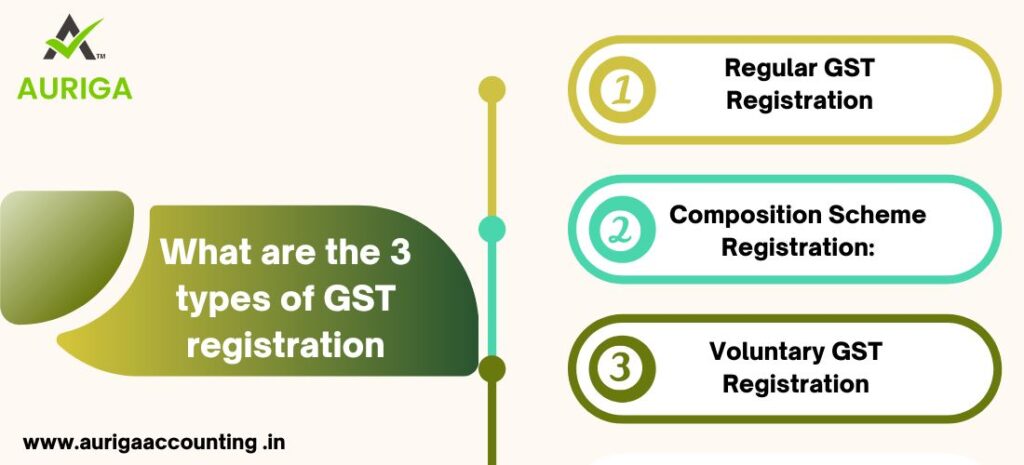
What are the 3 types of GST registration?
- Regular GST Registration:
This type is mandatory for businesses whose turnover exceeds the prescribed threshold set by tax authorities. Once a business surpasses the threshold, it must register for GST. Regular GST registration is applicable to medium and large businesses engaged in substantial economic activities.
- Composition Scheme Registration:
The Composition Scheme is designed for small businesses to simplify tax compliance. Businesses meeting the eligibility criteria can opt for this scheme, which involves paying GST at a fixed rate on their turnover. The Composition Scheme aims to reduce the compliance burden for smaller enterprises.
- Voluntary GST Registration:
Voluntary GST registration allows businesses to register for GST even if they do not meet the mandatory turnover threshold. This option is chosen by businesses that want to avail themselves of the benefits of being a registered taxpayer, such as claiming input tax credits and participating in inter-state trade. Voluntary registration is open to businesses that may not be required to register but choose to do so voluntarily.
Who is unregistered person under GST?
An unregistered person under the Goods and Services Tax (GST) refers to an individual or entity that is not registered for GST with the tax authorities. In the GST framework, businesses and individuals engaging in the supply of goods and services are required to register for GST once their turnover or aggregate supply crosses the prescribed threshold set by the tax authorities.
Key points about unregistered persons under GST include:
Threshold Limit: The threshold for mandatory GST registration varies by jurisdiction. Businesses or individuals whose turnover remains below this threshold are not required to register for GST. However, they are considered unregistered persons.
Exemption for Certain Categories: Some categories of businesses or individuals, regardless of turnover, may be exempt from mandatory GST registration. This can include specific types of goods or services or businesses operating in certain sectors.
Limited Compliance Obligations: Unregistered persons have limited compliance obligations compared to registered taxpayers. They are generally not required to collect GST on their sales but may need to pay GST on purchases (reverse charge mechanism) depending on the nature of the transaction.
Input Tax Credit Limitations: Unregistered persons may not be eligible to claim input tax credits on the GST paid on their purchases. Input tax credit is a benefit available to registered taxpayers, allowing them to offset the GST paid on inputs against the GST collected on outputs.
Impact on Business Operations: While unregistered persons may have simplified compliance requirements, their ability to participate in certain types of transactions, especially those involving registered taxpayers, may be impacted. Registered businesses may prefer to deal with other registered entities to avail themselves of input tax credits.
It’s important for businesses and individuals to monitor their turnover and understand the GST registration requirements in their jurisdiction. Crossing the threshold for mandatory registration necessitates timely registration to comply with GST regulations. Unregistered persons should also be aware of their obligations under the reverse charge mechanism and any specific rules that may apply to their business activities. Consulting with tax professionals or referring to official guidelines provided by the tax authorities can provide accurate information on the obligations and benefits associated with GST registration.
What documents are required for GST number?
The Goods and Services Tax (GST) is a comprehensive indirect tax levied on the supply of goods and services in India. To obtain a GST number, businesses are required to provide certain documents for the registration process. As of my last knowledge update in January 2022, the typical documents required for GST registration include:
- PAN Card:
Permanent Account Number (PAN) is a mandatory document for GST registration. It serves as the primary identifier for businesses.
- Proof of Business Registration:
Businesses need to submit documents related to their legal structure, such as the Certificate of Incorporation for companies or the Partnership Deed for partnerships.
- Identity and Address Proof of Promoters:
The identity and address proof of the business promoters, directors, or partners, such as Aadhar card, passport, voter ID, or driver’s license, are required.
- Business Address Proof:
Documents supporting the business’s principal place of business, such as a utility bill or rental agreement, are necessary for verification.
- Bank Account Details:
A canceled cheque or bank statement with the name of the account holder, account number, and the bank’s IFSC code is required for bank account verification.
- Digital Signature:
In some cases, businesses may need to submit a digital signature certificate for authentication of the application.
- Authorization Letter:
An authorization letter is needed for the authorized signatory who will be handling the GST registration process on behalf of the business.
- Photographs:
Passport-sized photographs of the business owners or authorized signatories may be required.
- Business Turnover Details:
Businesses need to provide details of their turnover to determine the applicable GST registration category.
What is the cost of GST registration?
the cost associated with Goods and Services Tax (GST) registration in India primarily depends on the assistance or services provided by professionals or entities facilitating the registration process. The government itself does not charge a specific fee for GST registration, making the registration process relatively affordable for businesses.
Here are key points to understand about the cost of GST registration:
- Professional Fees:
Many businesses choose to seek assistance from professionals such as chartered accountants, GST consultants, or online service providers to facilitate the GST registration process. These professionals typically charge a service fee for their assistance.
- Online Service Providers:
Various online platforms offer services to streamline the GST registration process. These services may include document preparation, filing applications, and providing guidance. These platforms often charge a fee for their services.
- DIY (Do It Yourself):
Businesses also have the option to complete the GST registration process on their own without seeking external assistance. In such cases, there may be minimal or no additional costs beyond any government-prescribed fees for services, if applicable.
- Government Fees (if applicable):
While the government itself does not charge a specific fee for GST registration, there may be associated costs for certain services provided by the government. For example, obtaining a digital signature certificate (DSC) for GST registration may involve a fee.
How auriga accounting help you to gst registration
Auriga Accounting, can help with GST registration in the following ways:
Documentation and Record-keeping:
- Accounting software can assist in maintaining accurate and up-to-date financial records, which is crucial for the GST registration process.
- It helps organize and store relevant financial documents, making it easier to provide the necessary information during the registration process.
Compliance Checks:
- Many accounting software solutions come with built-in features to check for compliance with tax regulations, including GST requirements.
- These checks can help ensure that your financial records meet the necessary criteria for GST registration.
Automated Calculations:
- Accounting software can automate the calculation of GST on sales and purchases, reducing the likelihood of errors and ensuring accurate reporting.
- Automated calculations can also help in determining the threshold for mandatory GST registration.
GST Filing Assistance:
- Some accounting software offers features to assist with the preparation and filing of GST returns.
- This includes generating GST reports, summarizing taxable transactions, and providing the necessary information for filing GST returns.
Integration with Government Portals:
- Certain accounting software solutions can integrate with government portals, making it easier to submit GST registration applications and related documents directly from the software.
Updates for Regulatory Changes:
- Accounting software often receives updates to reflect changes in tax regulations, including updates related to GST rules and requirements.
Before choosing any accounting software for GST registration, it’s important to verify that it is compliant with the tax regulations in your jurisdiction and meets your specific business needs. Additionally, you should check for any updates or new features that may have been introduced since my last knowledge update in January 2022.



